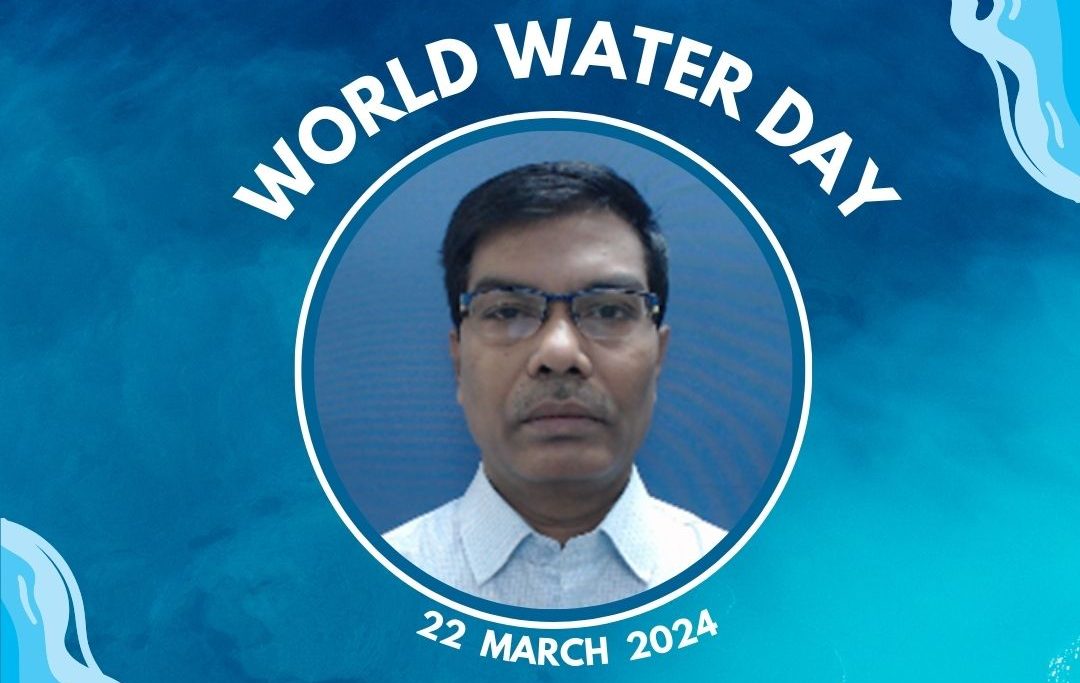Dr. Siddappa S. Bhusnoor, Professor, Department of Mechanical Engineering, K J Somaiya College of Engineering
Water quality and quantity are diminishing due to human activities and the impacts of climate change. Water is at the core of sustainable development and is critical for socio-economic development, healthy ecosystems and for human survival itself. However, with the global population increasing, the demand for clean and accessible water is also rising. This demand, coupled with climate change and environmental degradation, presents significant challenges in water resource management. It is imperative to adopt sustainable practices to secure a viable future for our planet.
Sustainable water management ensures meeting current needs without jeopardizing the ability of future generations to meet their own. SDG # 6 (Sustainable Development Goal 6) focuses on not only providing drinking water, sanitation, and hygiene but also enhancing water quality and sustainability. Apart from traditional practices like rainwater harvesting, sustainable water management includes wastewater treatment, desalination, drip irrigation, water pricing, river basin management, and raising public awareness about water conservation.
Several challenges must be addressed in sustainable water management, including population growth, water pollution, scarcity, and political and social issues. By prioritizing sustainable practices and addressing these challenges, we can work towards a future where water resources are managed wisely for the benefit of all.





